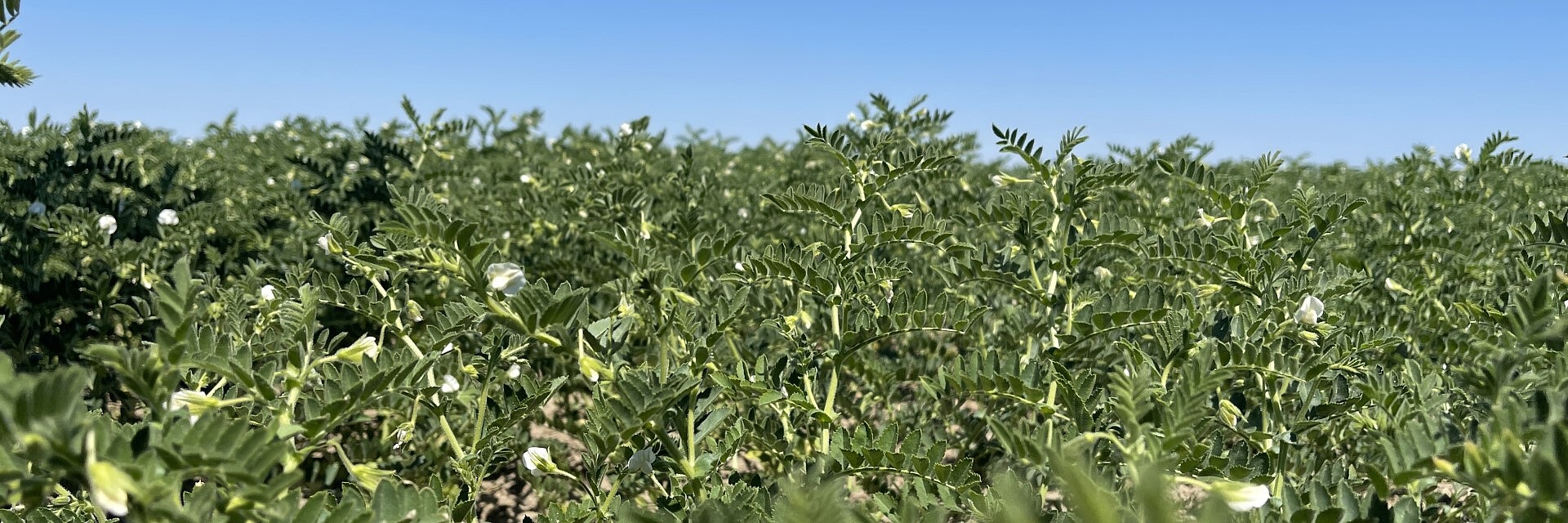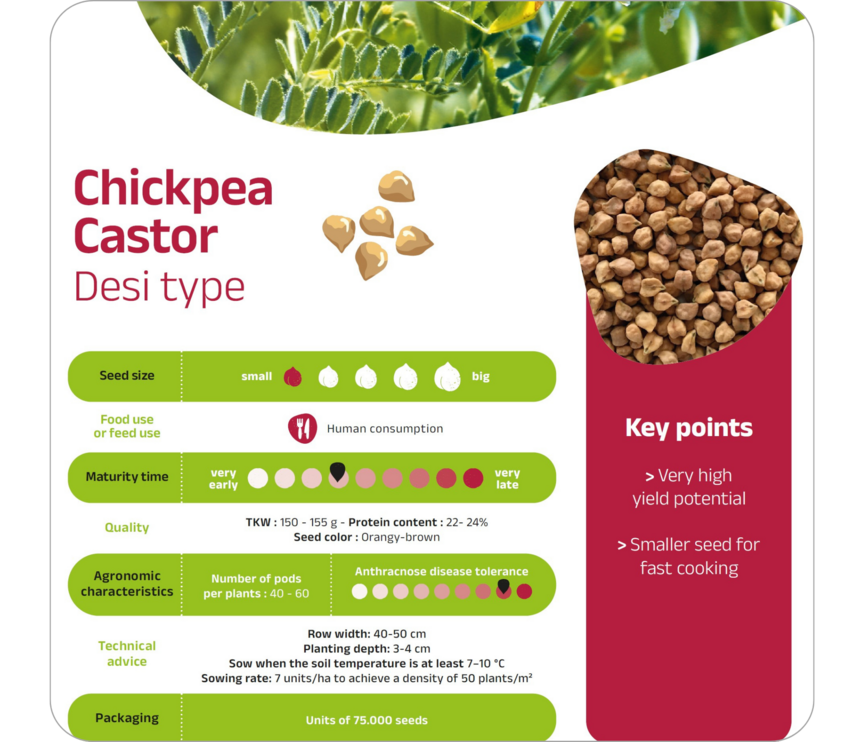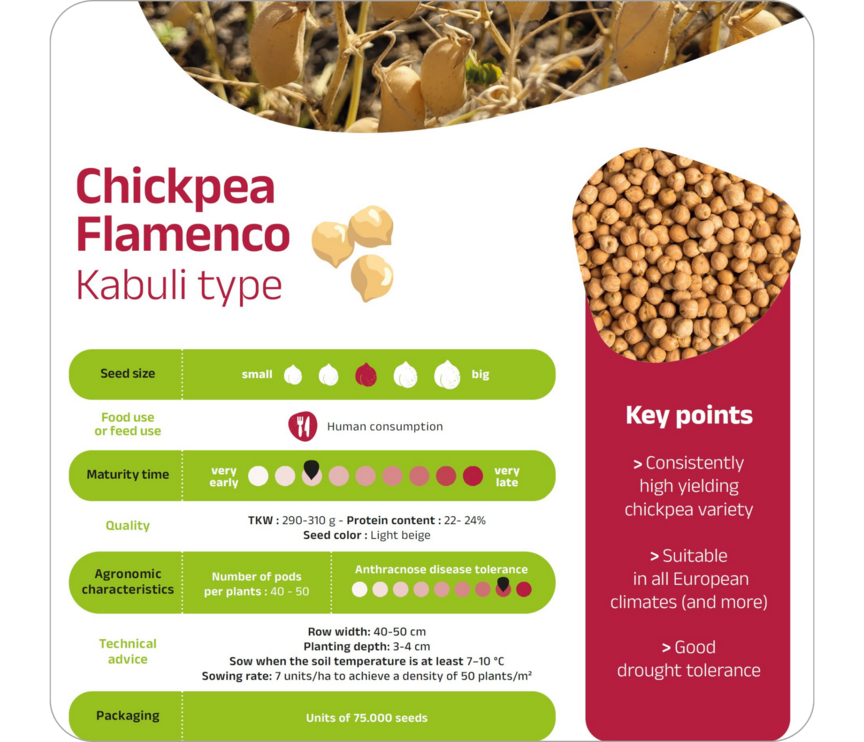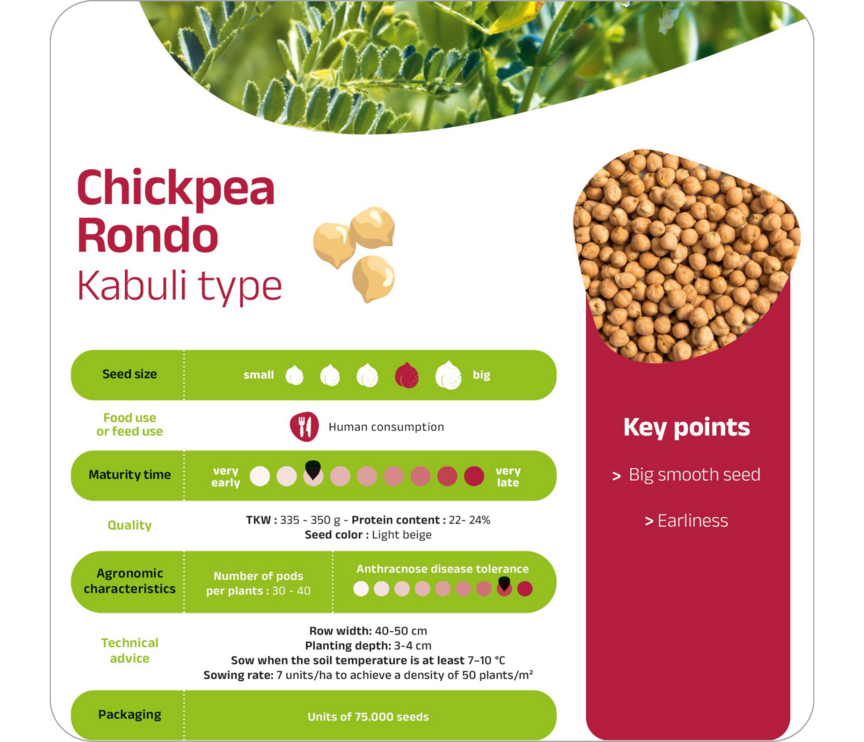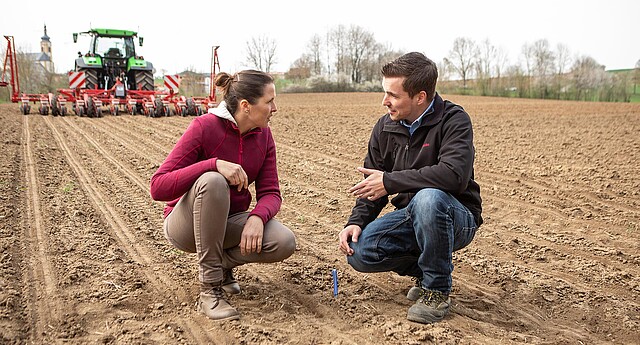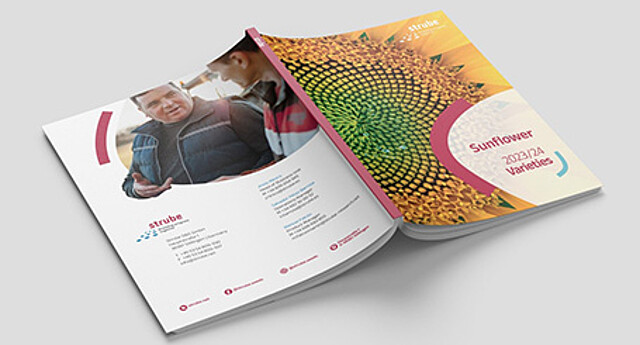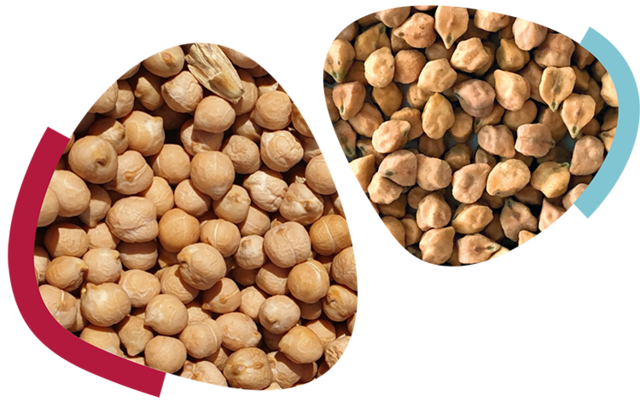
Chickpeas from Strube are improving your crop rotation!
In addition to its excellent nutritional properties, chickpea offers numerous agronomic advantages: fixation of nitrogen in the soil and diversification of crop rotation. Strube provides innovative chickpea varieties that are tailored to the requirements of the food industry.
Find the contact in your region
- 1. Select your region to contact a Strube sales partner.
- America
- Asia
- Africa
- Europe
- Oceania
- 2. Select your country to contact a Strube sales partner.
Select a different continent.

